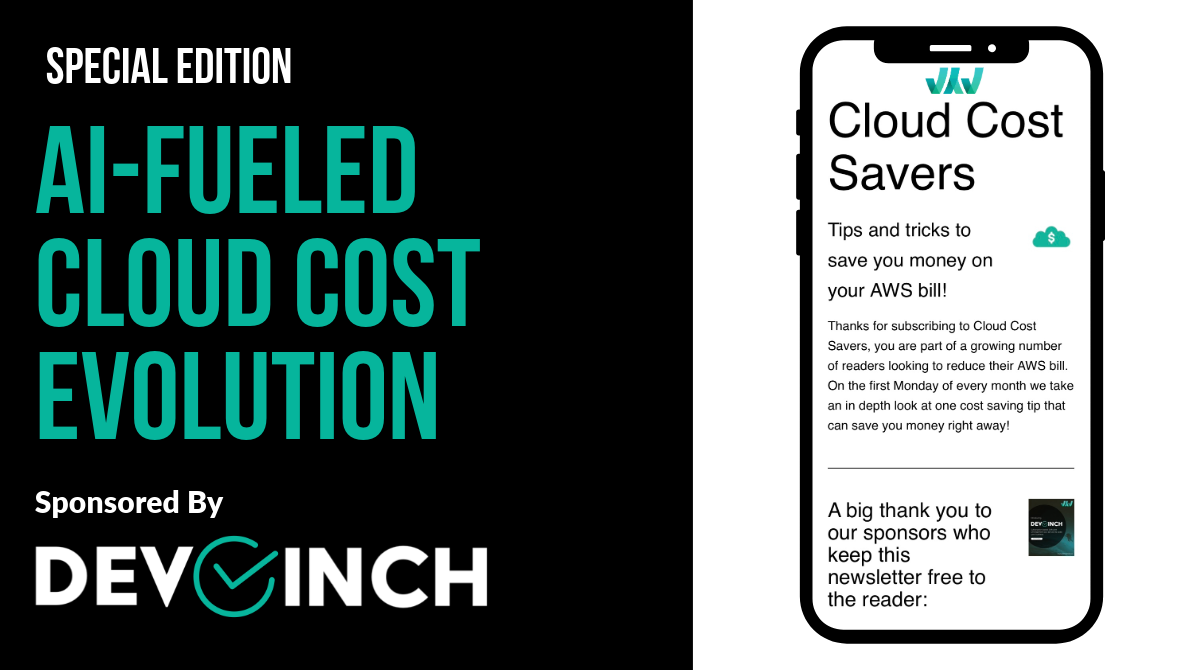The Future of Cloud Costs and FinOps: Harnessing AI for Smart Savings
As businesses increasingly migrate to the cloud, the management of cloud costs has become a critical concern. The complexity of cloud pricing models, coupled with the dynamic nature of cloud resource utilization, presents significant challenges for financial operations (FinOps) teams. Looking ahead, the future of cloud cost management and FinOps is set to be transformed by advancements in artificial intelligence (AI), promising smarter savings and more efficient financial oversight.
The Evolution of Cloud Costs
Cloud computing has revolutionized IT infrastructure, offering unparalleled flexibility and scalability. However, the pay-as-you-go model can lead to unexpected expenses if not properly managed. Organizations often struggle with visibility into their cloud spending, allocation of costs to the appropriate departments, and optimization of resource usage. As cloud adoption continues to grow, these challenges will become more pronounced, necessitating more sophisticated approaches to cost management.
The Role of FinOps
FinOps, or Financial Operations, is an emerging discipline focused on managing cloud costs and driving financial accountability within organizations. FinOps practitioners work at the intersection of finance, IT, and business units to ensure that cloud investments deliver maximum value. This involves continuous monitoring of cloud usage, implementing cost-saving strategies, and fostering a culture of financial responsibility.
AI: The Game Changer for Cloud Cost Management
Artificial intelligence holds the potential to revolutionize FinOps by providing deep insights and enabling proactive management of cloud expenses. Here’s how AI might drive smart savings in the future:
Predictive Analytics
AI can analyze historical cloud usage and spending patterns to forecast future costs. This predictive capability allows organizations to budget more accurately and identify potential cost overruns before they occur. By anticipating spikes in usage, businesses can negotiate better pricing with cloud providers or adjust their resource allocation in advance.
Anomaly Detection
AI-powered tools can continuously monitor cloud environments for unusual spending patterns or anomalies. When detected, these tools can alert FinOps teams to investigate and address potential issues, such as misconfigured resources or unexpected changes in usage, thus preventing costly mistakes.
Resource Optimization
Machine learning algorithms can analyze resource utilization across the cloud infrastructure and recommend optimizations. For example, AI can identify underutilized instances, suggest rightsizing of resources, or recommend the use of reserved instances and savings plans to reduce costs. These recommendations help ensure that organizations are using their cloud resources efficiently.
Automated Governance
AI can enforce cloud cost governance policies automatically. By setting predefined rules, organizations can ensure that resources are provisioned and deprovisioned according to best practices. This reduces the risk of unauthorized spending and helps maintain compliance with financial policies.
Real-time Cost Monitoring
AI enables real-time tracking of cloud expenses, providing up-to-the-minute visibility into spending. This allows FinOps teams to respond quickly to changes in usage patterns and make informed decisions to optimize costs continuously.
Detailed Strategies for AI-Driven Cost Savings
Dynamic Pricing Models
AI can help organizations take advantage of dynamic pricing models offered by cloud providers. By continuously analyzing usage patterns, AI can predict when to shift workloads to take advantage of lower-cost periods or promotional pricing, leading to significant savings.
Intelligent Workload Placement
AI can determine the most cost-effective regions or availability zones for running specific workloads. This includes evaluating factors such as latency requirements, data transfer costs, and regional pricing differences to optimize workload placement and minimize expenses.
Spot Instance Optimization
Spot instances offer significant cost savings but come with the risk of interruptions. AI can manage these instances by predicting when they might be terminated and migrating workloads seamlessly to other instances, thereby maximizing savings while maintaining performance and availability.
Cloud Vendor Comparison
AI can automate the comparison of services and pricing across different cloud providers. By continuously evaluating the cost-effectiveness of various providers, organizations can make informed decisions about where to host their workloads, ensuring they get the best value for their money.
Capacity Planning
AI-driven capacity planning tools can help organizations forecast their future resource needs more accurately. By understanding growth patterns and potential spikes in demand, businesses can purchase reserved instances or savings plans in advance, securing lower rates and avoiding the higher costs of on-demand resources.
FinOps Dashboards
Advanced AI-powered dashboards can provide comprehensive views of cloud spending, usage trends, and cost-saving opportunities. These dashboards can be customized to highlight specific metrics and KPIs relevant to different stakeholders, from executives to IT managers, facilitating better decision-making.
Automated Budget Enforcement
AI can help enforce budget limits by automatically scaling down non-essential services or alerting relevant teams when spending thresholds are approached. This proactive approach ensures that organizations stay within their budgets while optimizing their cloud spend.
Lifecycle Management
AI can manage the entire lifecycle of cloud resources, from provisioning to decommissioning. By ensuring that resources are only used when needed and properly decommissioned when no longer required, AI helps prevent resource sprawl and unnecessary expenses.
The Path Forward
The integration of AI into FinOps is still in its early stages, but the potential benefits are significant. As AI technologies mature, they will become more accessible and easier to implement, making them a standard component of cloud cost management strategies. Organizations that embrace AI-driven FinOps will be better equipped to navigate the complexities of cloud economics, achieve smarter savings, and maintain financial agility.
In conclusion, the future of cloud costs and FinOps is bright, with AI set to play a pivotal role in driving efficiencies and cost savings. By leveraging the power of AI, organizations can transform their approach to cloud cost management, ensuring that they derive maximum value from their cloud investments while maintaining tight control over expenses.
Interested in more?
To get notified of new articles like this and keep on top of your cloud costs, join our growing community and subscribe to the newsletter.
